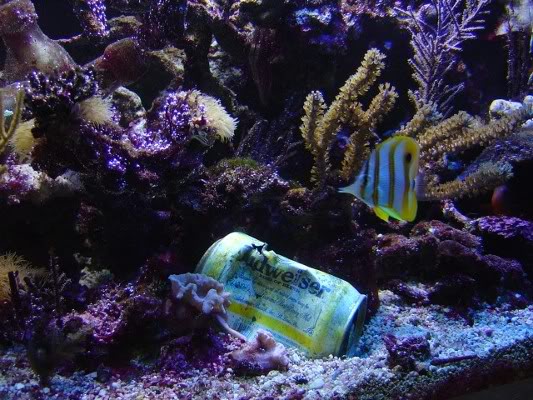I am completely perplexed by this (and similar) studies. I have been diving over many miles of coral reefs in the Caribbean and Hawaii. I've never seen a single piece of plastic on the reefs, on the bottom or in the water. So I am struggling, without success, to reconcile my first hand observations with those of this study.
The study does point out that 4 countries (Australia, Thailand, Indonesia and Myanmar) are "heavily contaminated", but that rings hollow too. The vast majority of the Australian coast is essentially uninhabited. The areas I've dove are pretty populated. How can there be no observable plastic in all of the places I've been and "heavy contamination" in Australia, which is much less inhabited than some of the areas I dove.
I'd love to get first hand accounts from the divers and snorkelers among us. How big a problem is this???
Great topic!
Trash causes both physical destruction, bottles, tires etc getting lodged all over but even more insidious is the pollution from trash. A few years back researches in Australia discovered that corals eat micro-plastic which is indigestible. And yes trash in the ocean is everywhere, including the slopes of the Mariana Trench.
Trash moves on the ocean floor and so a single location or a reef, depending on the currents, storms, proximity to coasts or the great Atlantic / Pacific garbage patches can appear different at different times.
On a recent dive around Curaçao I was surprised how many golf balls, glass and plastic bottles and plastic bags I saw on and around a reef that just two years ago I remembered as pristine.
There’s a pretty good book called Flotsametrics which goes in some detail about these issues.



















